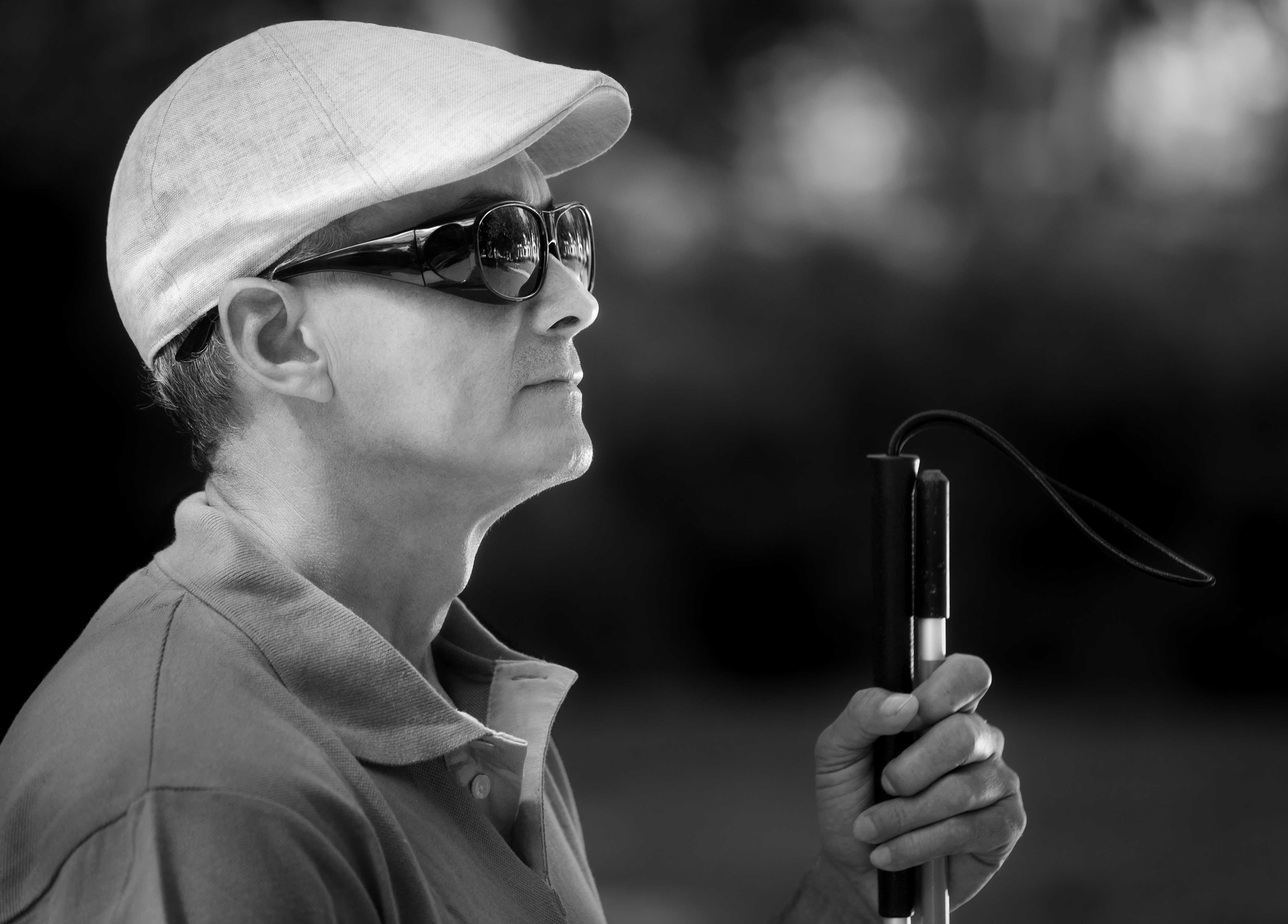
Gharib Gharibi hopes so. He is a Ph.D. candidate in the School of Computing and Engineering at the University of Missouri-Kansas City. Inspired by a blind high school friend in Saudi Arabia, he came to UMKC to pursue a degree – and a way to use cutting-edge technology to bring a new kind of sensory perception to the people who are blind.
His prototype is a camera that mounts to eyeglasses and connects via Bluetooth to a highly capable smartphone app. The app combines technologies for facial recognition, color and written-character recognition with an enhanced-GPS feature that combines existing maps with real-time visual inputs. The device uses “deep-learning” technology to retain information about environments visited regularly and use it to develop more detailed reports to the user.
The app recognizes when it is in a classroom setting and focuses the camera on inputs such as a display screen or writing on a whiteboard. Outdoors, the app focuses the camera on critical inputs such as traffic lights, vehicles and obstructions. Users can activate specialized programs such as a “shopping mode” that will seek out specific items, read price tags and labels, and even tap into online product reviews.
It’s called DeepLens. Gharibi’s partners in the DeepLens team are also Ph.D. students: his brother, Mohamed Gharibi; and Saria Goudarzvand. The team expects to have a fully capable prototype completed by March, and they estimate they are about a year away from going to market.
